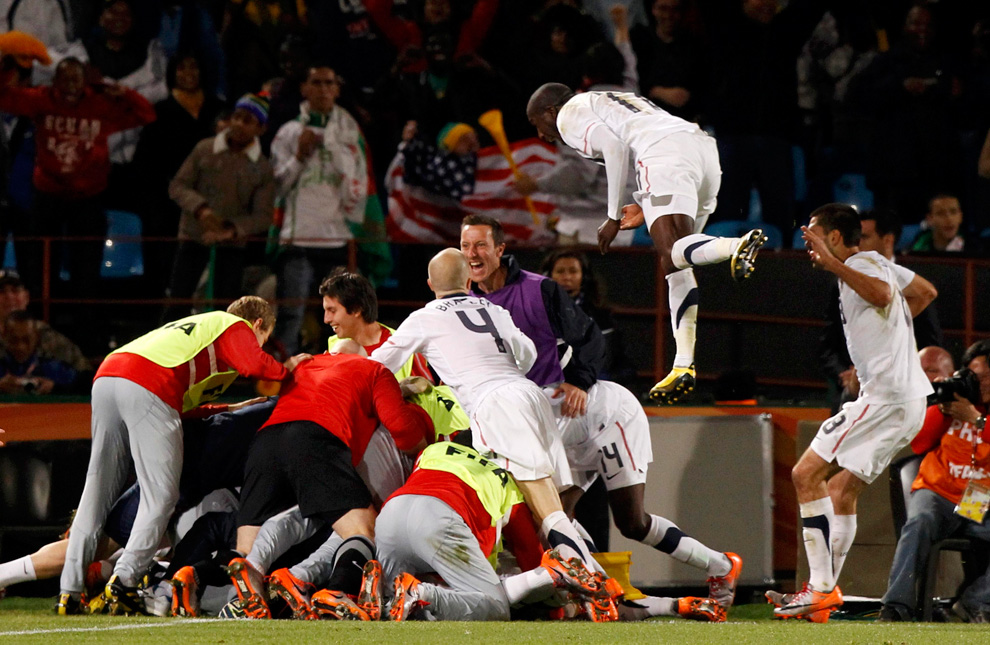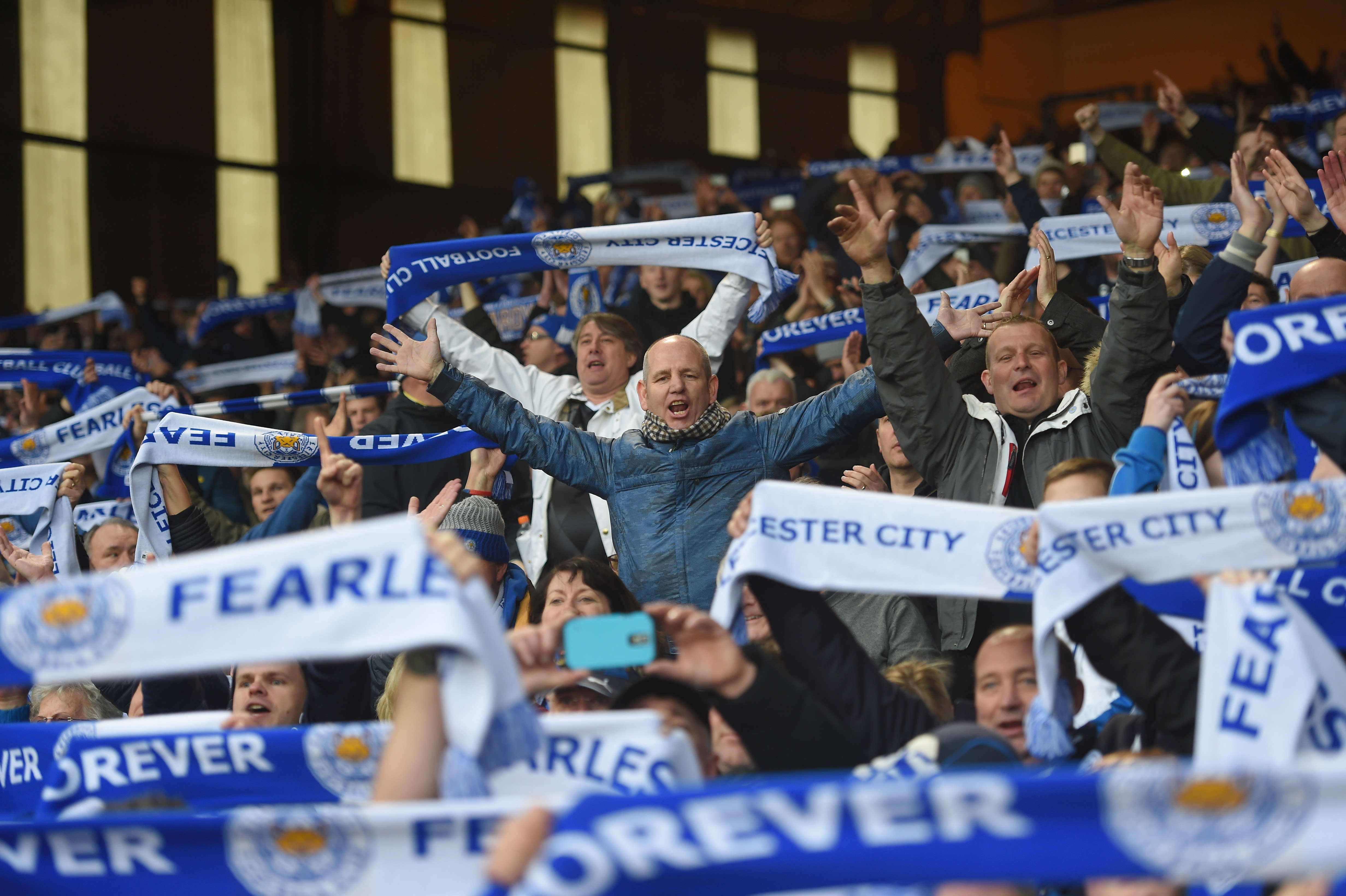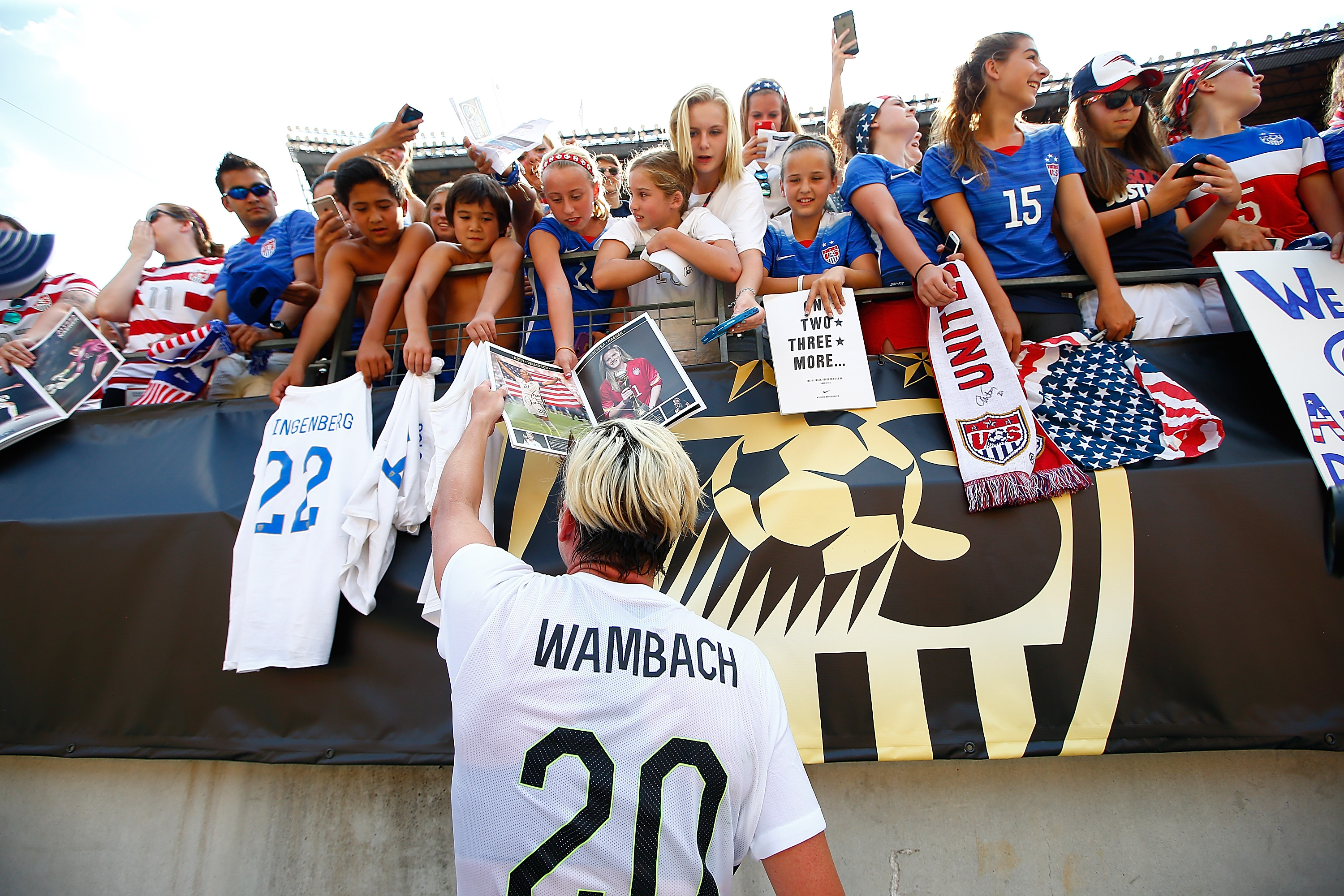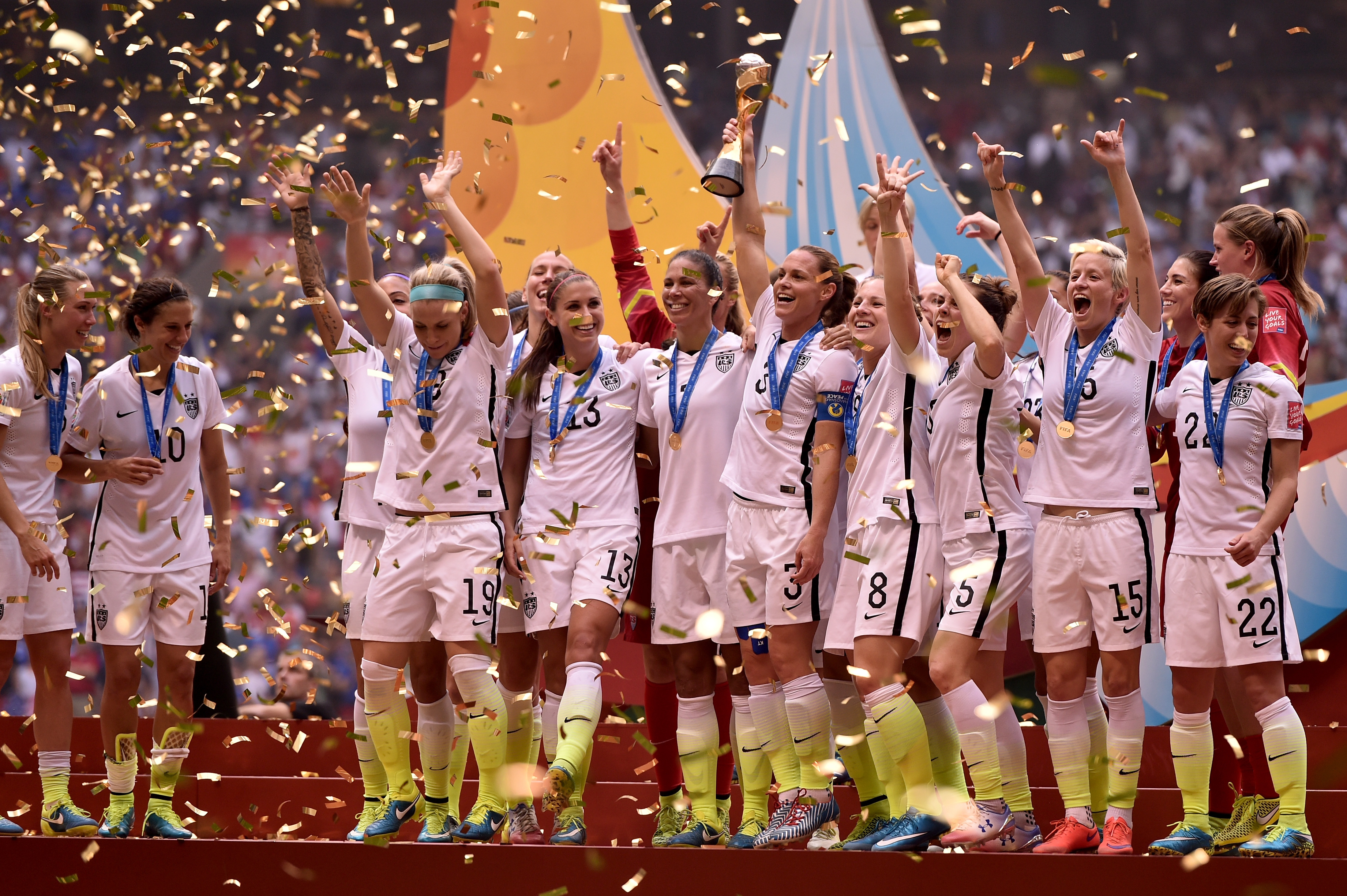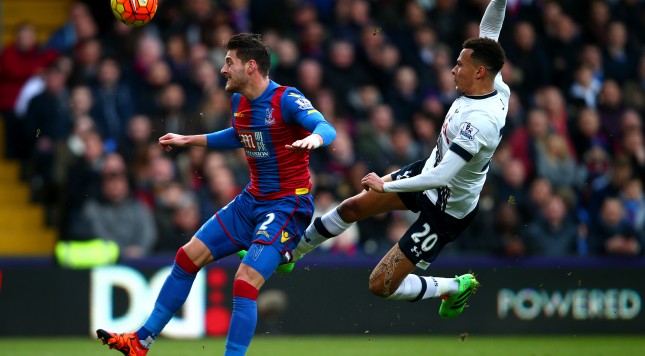It’s hard to ignore a $100 million transfer deal or this team or that signing the hottest players in European soccer for $50 million in transfer fees a piece. However, it is also hard to ignore those are also the teams fighting it out year in and year out for the English Premier League title.
Manchester City went from barely an EPL side to an annual EPL title contender with a new ownership group willing and able to spend just about any amount of money. Chelsea have been much the same, while deep-rooted and deep-pocketed clubs like Manchester United and Liverpool have been title contenders recently as well.
All of them have one thing in common — lots and lots of money. In fact, no team that was outside of the top 4 in wages has won an EPL title in the past decade.
That isn’t just a coincidence, it has become the name of the game. Just take a look at the recently released table of the wage bills and you’ll likely also see the top of the EPL table as well.
| NO# | CLUB | 2013-14 | 2014-15 | 2015-16 |
| 3 | Chelsea | £190m | £192.7m | £215.6m |
| 1 | Manchester United | £187m | £215.8m | £203 m |
| 2 | Manchester City | £216m | £205m | £193.8m |
| 4 | Arsenal | £166.4m | £180.4m | £192m |
| 5 | Liverpool | £140m | £144m | £152m |
| 6 | Tottenham | £112m | £100.4m | £110.5m |
| 7 | Newcastle United | £68m | £78.3m | £75.8m |
| 8 | Everton | £66m | £69.3m | £74.7m |
| 9 | Stoke City | £55m | £60.6m | £72.3m |
| 10 | Sunderland | £55m | £69.5m | £71m |
| 11 | West Ham United | £60m | £63.9m | £69.5m |
| 12 | Aston Villa | £74m | £69.3m | £65.1m |
| 13 | West Bromwich | £49m | £65.4m | £68.5m |
| 14 | Southampton | £47m | £55.2m | £59.5m |
| 15 | Swansea City | £55m | £48.1m | £51m |
| 16 | Crystal Palace | £45.7m | £54.3m | |
| 17 | Leicester City | £36.6m | £48.2m | |
| 18 | Norwich City | £37m | ||
| 19 | Watford | £29m | ||
| 20 | Bournemouth | £25m |
It’s also a historically accurate statement, as ESPN.com pointed out heading in to this season:
There have been 56 top-four places available over that time, and 47 of those (over 80 percent) have been won by the teams with the top four wage bills in the league. Only nine times in 14 seasons has a team outside of the top four in wage bill finished in the top four places.
Get a billionaire owner and watch him play around with millions of dollars like it all is monopoly money. History certainly suggests that is about the only way to become a top contender year in and year out.
However, there is one club that has changed up that formula in the 2015-16 season — Tottenham Hotspur.
To be certain, this isn’t a club completely hurting for cash either, but it simply doesn’t have the same resources or ownership stockpiles of money to compete with the likes of Manchester City, Chelsea or bitter rival Arsenal either.
Paying $30 million for a player is a stretch for the club, and it usually has them on the outside looking in at most of the big named transfer talks. While that has become the current reality of the club, its ownership group and back office have come up with a way to combat all of that and the fruits of that labor are paying off in a major way this season.
Rather that drowning their sorrows, they’ve got a two-pronged approach. First is the long-term game, and with a new 60,000-seat stadium becoming a reality for the 2018-19 season Spurs will be on much better ground to compete financially with the rest of the big boys.
More importantly though, they’ve learned the value of youth.
Tottenham came in to this season as the youngest EPL starting XI, and instead of getting bounced around it has stood up to serious challenges and become a serious title contender. As the 4th round of the FA Cup comes this weekend, Spurs sit in 4th place on 42 points — just 2 points off Manchester City and Arsenal and 5 points behind league leaders Leicester City.
Impressive stuff considering history and all. Equally impressive when you consider Spurs’ core is made up of players who are mostly still eligible for the U-21 European championships and Olympic squad selection.
Youth has been a focus of the club since Daniel Levy took over, and it is paying off in a major way thanks to the likes of Harry Kane and Tom Carroll. The youth academy prospects have become regulars in the starting XI and there are more waiting in the wings for their chances as well.
Spurs have no doubt spent money, especially after the sale of Gareth Bale to Real Madrid for a reported £85 million.
However, they haven’t gone after established stars in the very prime of their careers. Instead, the second prong of Spurs attack is all about finding younger players with massive potential.
Most of the Bale money was spent on players like Christian Eriksen and Erik Lamela — with the latter being the most expensive signing in club history at £26 million.
Both are just 23 years old today and were just 21 years old when they were signed to deals by Spurs from Ajax and AS Roma respectively. Lamela may have been the most surprising, as his name was barely on most peoples radar.
Still, Spurs saw enough in him to pay nearly £26 million for him in the summer of 2013. At the time Lamela had just two seasons of play in Serie A, but now he has gone from maligned and thought of as a waste of money to one of the most important members of the club.
Perhaps the best example of the secondary approach to success for Spurs has been the signing of budding star Delle Alli from MK Dons this past season. Alli came to Spurs for a £5 million transfer fee and was loaned right back to the Championship side for the rest of the season.
Instead of being a bit player, Alli pulled a Harry Kane and forced his way in to the regular lineup by simply shining on the training pitch and in early Europa League contests. Since then he has become a star, including a Goal of the Year strike this past weekend.
It’s far from the conventional way for teams looking to compete at the top of the EPL table, but credit the club for not following the leaders in every way. Rather, Tottenham has forged a path that not only gives them immediate hope but long-term prospects for success as well.
Will Spurs end up hoisting the title at the end of 2015-16, it seems highly unlikely given where it sits right now in the table. However, what this team has shown is that money isn’t the only guarantor of success in the EPL anymore.
Between Financial Fair Play regulations and a much more equal share of the television money coming in, that playing field is beginning to be leveled. Perhaps it will be Spurs’ model that will begin to be followed and emulated instead of being the outlier of the top of the table clubs in coming years.

